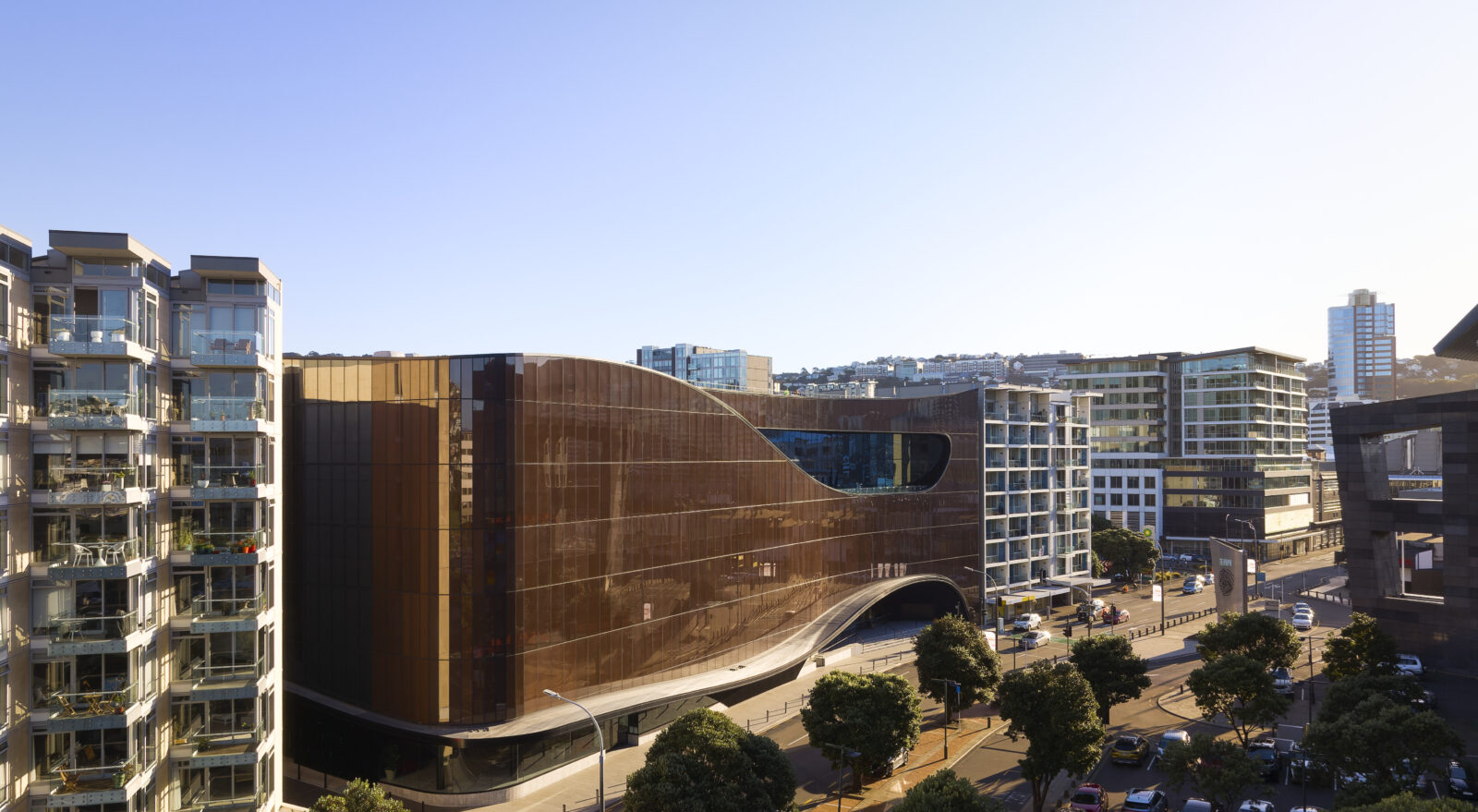New Zealand’s stature as a global force for science and innovation continues to grow, and the country has firmly established both arenas at the top of its agenda. This is proving attractive for international associations looking to tap into a destination’s intellectual strengths to enhance their event.
Wellington, the country’s third most populous city, is at the forefront of New Zealand’s economic progress and boasts the largest research, science and innovation workforce in the country. As home to the New Zealand Government, and the headquarters of many government agencies and industry associations, Wellington is where decisions are made and progress stems – which makes it a compelling option for associations looking to host events with intellectual impact at their core.
Internationally Renowned Research
Not only is Wellington regarded as a creative city, it’s also home to Te Herenga Waka – Victoria University of Wellington (VUW). Founded in 1897, VUW is one of the country’s oldest universities and has the highest proportion of academics conducting high-quality research of any university in New Zealand. As a result, the university has garnered a strong international reputation and ranks in the top 2% of 18,000 universities globally.
VUW is also home to New Zealand’s top institution for Antarctic and climate research.
Helping drive progress in their fields, the institution’s scientists serve as lead authors, advisers and changemakers in these arenas. Meanwhile, the Malaghan Institute of Medical Research – a prominent, independent research centre – specialises in the immune system, and how it can be used to improve human health.
Elsewhere in Wellington, you can find Massey University’s College of Creative Arts, Otago University’s Wellington medical school campus and a number of New Zealand’s government-funded Crown Research Institutes. With all these intellectual riches, it’s no surprise that the city’s experts and institutes receive international praise across disciplines ranging from the life sciences to climate innovation, and from healthcare to deep technology.
Climate Conscious Collaboration
Wellington’s academics do not work in isolation. In fact, the city is incredibly well connected and has a highly collaborative business environment. But this should hardly come as a shock; New Zealand has often ranked as the easiest country in the world to do business, according to recent reports from the World Bank.
Wellington’s supportive and dynamic business ecosystem has led to the development of such forward-thinking companies as Humble Bee Bio. Having observed that the nesting material of a specific bee has many plastic-like qualities, the team at Humble Bee Bio is replicating the material in the lab, with the goal of producing a biodegradable alternative to plastic. Such climate-friendly innovation thrives in Wellington, and the city’s experts are driving change, using imaginative and enterprising thinking to improve not only people’s lives, but the life of the planet.
Green Gatherings
Importantly, Wellington’s interest in sustainability extends into the world of business events. Designed with environmental considerations at its core, the Tākina Wellington Convention & Exhibition Centre is impressing conference organisers looking to meet sustainably. Tākina is breaking new ground when it comes to hosting responsible events in New Zealand, and is the first venue of its kind to receive a 5-Star Green Star Design certification from the New Zealand Green Building Council.
Sustainable approaches permeate throughout Wellington’s entire business events industry. For example, venue operators work with organisations like Kaibosh – which was New Zealand’s first food rescue organisation – to help support a conference’s sustainability goals. On top of this, even the city itself has received notable sustainability accolades. With the lowest emissions per capita of any Australasian city, and thanks to its climate innovations, New Zealand’s capital was the proud recipient of the Bloomberg Mayors Challenge and 2023’s Seoul Smart City Tech-Innovacity Prize.
Wellington’s focus on sustainable solutions means conference organisers will have no difficulty finding support – and inspiration – when hosting responsible events in the city.
To learn more about hosting in this innovative and inspiring city, contact Business Events Wellington, at businessevents@wellingtonnz.com. For more information, visit WellingtonNZ.com/meet
Leading Legacy
Business Events Wellington (BEW) are doing their utmost to help associations host conferences that will leave a positive impact. Blazing a trail in New Zealand, they have launched a legacy programme – the first of its kind in the country – featuring a host of resources to help clients capture the positive outcomes generated by business events hosted in Wellington. These include a new specialist conference advisor, who has been appointed to guide organisations through the process of crafting their individual legacy project.
As BEW manager, Irette Ferreira, notes “Whatever the purpose, conferences also have the potential to create something meaningful for the community and drive wider socio-economic gain…We are capturing these outcomes and supporting our clients to achieve their legacy goals.”
Although the legacy initiative is initially focused on international conferences, BEW is also working with domestic events – fostering long-term relationships and anchoring them to the city. One such conference, the Life Sciences Summit organised by BioTech New Zealand, is helping to develop the country’s burgeoning biotech sector. The event united New Zealand’s life science and biotechnology communities – in arenas ranging from agriculture to animal health – and seeks to positively impact government policy and regulations in the future.
